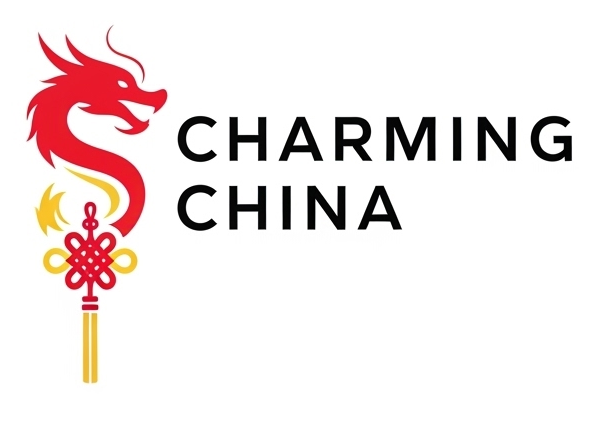Lifestyle Habits
In Traditional Chinese Medicine (TCM), lifestyle is not just a routine—it’s a reflection of how we align with nature, nourish our organs, and cultivate emotional balance. The way we eat, sleep, move, and breathe shapes our internal landscape. TCM teaches that health is not achieved through isolated actions, but through consistent, mindful living. To care for the body is to care for the rhythm of life.
Rhythmic Living: Aligning with Nature’s Clock
TCM emphasizes living in harmony with the cycles of nature. Rising with the sun and resting with t
he moon helps regulate the body’s Yin and Yang. Spring and summer call for earlier rising to cultivate Yang energy, while autumn and winter favor earlier sleep to preserve Yin. Avoiding late nights protects the Heart and Kidneys, allowing the Shen (spirit) to rest peacefully.
To live well is to move with the rhythm of heaven and earth.
Balanced Eating: Nourishing the Spleen and Stomach
Food is medicine in TCM. Eating moderately, regularly, and seasonally supports digestion and energy flow. Cold and raw foods can weaken the Spleen, while overly spicy or greasy meals may inflame the Liver. A balanced diet of grains, vegetables, fruits, and light proteins nourishes Qi and Blood, forming the foundation of vitality.
Harmony begins in the gut—where Qi is born and sustained.
Movement & Stillness: Cultivating Flow and Calm
TCM values both motion and rest. Gentle movement practices like Tai Chi, walking, or Qigong promote circulation and prevent stagnation. Equally important is stillness—meditation, breathwork, or quiet reflection calm the Shen and restore inner peace. The key is balance: movement to awaken, stillness to settle.
In motion, we find strength; in stillness, we find clarity.
Emotional Regulation: The Heart of Wellness
Emotions are powerful forces in TCM. Each emotion corresponds to an organ—anger to the Liver, worry to the Spleen, sadness to the Lungs, fear to the Kidneys, and joy to the Heart. When emotions are excessive or suppressed, they disrupt organ harmony and affect sleep, digestion, and immunity. Cultivating emotional awareness and expression is essential for holistic health.
A peaceful heart is the gateway to a resilient body.
Breath as Medicine: Restoring Vital Energy
Breathing is more than oxygen exchange—it’s a way to regulate Qi. Deep, slow breathing nourishes Lung Qi, calms the nervous system, and anchors the Shen. Practices like abdominal breathing or mindful exhalation help release tension and restore vitality. In TCM, breath is the bridge between body and spirit.
Each breath is a conversation with life itself.
TCM teaches that wellness is cultivated through daily choices. By aligning our habits with nature, respecting our emotional rhythms, and caring for our internal organs, we create a life of balance and resilience. True healing begins not in the clinic, but in the quiet rituals of everyday life.
